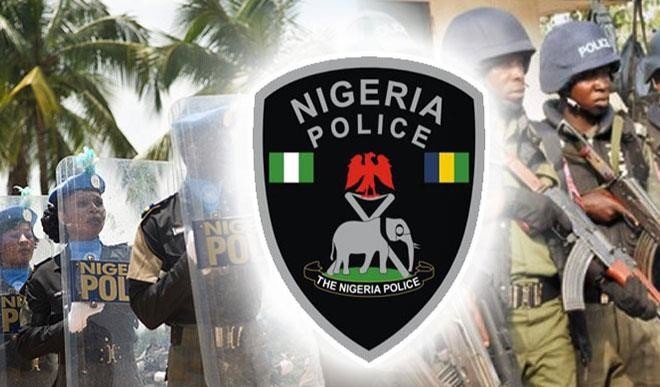
Richard J. Daley said “The police are not here to create disorder, they’re here to preserve disorder.”
It is a common parlance that the police are your friends. But in a country like Nigeria, the ordinary citizen thinks the policeman is anything but a friend. The challenges of Nigeria police are many. From less motivating wages to living in filthy environment, the presence of a policeman scares a Nigerian rather than gives confidence. A conservative estimate of about four out of every ten Nigerian will always have a bitter story or a bad experience to share about the police – I am a victim of police harassment too. For many Nigerians the police force has utterly failed to fulfill its mandate of providing public security. The police prefer to guard the elite instead of the people who are their primary priority. By the inspector general of police’s own account, in 2009 at least 100,000 police officers were working as personal guards for the wealthy, at the expense of the majority.
The Nigeria Police Force, established in 1930, has a long history of engaging in unprofessional, corrupt, and criminal conduct. Indeed, almost 90 years after its birth, members of the force are viewed more as predators than protectors, and the Nigeria Police Force has become a symbol in Nigeria of unwavering corruption, mismanagement, and abuse. Extortion, embezzlement, and other corrupt practices by Nigeria’s police cancels out the fundamental human rights of Nigerians. Many slang terms, often considered derogatory or offensive, exist for police officers. These terms are rarely used by the police themselves and instead are used by criminals, prisoners, or by the general public.
Over the years, this unwieldy force—Africa’s largest—has proved difficult to effectively manage and control and has become largely unaccountable to the citizens it is meant to serve. The police commonly round up random citizens in public places, including mass arrests at restaurants, markets, and bus stops. They have once ordered me to come down from a public bus because they suspect I have a tattoo on my body. What business does tattoo have with protecting the populace? In some cases of blatant deception, police officers on mufti simply masquerade as commuter minibus drivers, pick up unsuspecting passengers at bus stops, and take them at gunpoint to nearby police stations where they demand money in return for their release. The revenue the Nigerian Police Force incur can finance some country’s budget in Africa. Perhaps Federal Government need to learn from then in terms of revenue generation – that was on a lighter mood.
In addition, the failure of the police to provide for the security of ordinary citizens has led some communities to turn, for protection, to armed vigilante groups who often operate outside the law and commit further abuses. Police corruption affects nearly every Nigerian, though it disproportionately impacts Nigeria’s poor. The police stations are extortion camps. Even victims of robbery or other types of crime pay “homage” before their cases are handled. Popular for its check-point activities, most extortion occur at police roadblocks, ostensibly put in place to combat crime. These checkpoints are a lucrative venture for the police who routinely demand bribes from drivers and passengers alike. A police almost hit my head with a stick because my bike man refused to give him a bribe, he chased after the bike rider that picked me. On many occasions, the check-points were abolished but several illegal check-points abound. Some officers would say theirs are not check-points but ‘stop and search’. No matter what it is called, the stop and search or the checkpoint is like a two-edged sword. Whichever way, the officer wins, the ordinary citizen loses.
For how long will this continue?
The Nigerian government should launch an independent and unbiased inquiry into corruption within the police force, focusing on the illegal harassment of citizens, embezzlement and misappropriation of police funds, the corrupt system of returns, and the sale of police services by high-level police officials. The Federal Government, including the National Assembly, and the anti-corruption commissions should improve transparency and accountability in the police force by restructuring and ensuring better coordination of supervision mechanisms; and authorities should investigate and prosecute without delay police officers involved in extortion, embezzlement, and human rights abuses.




Comments (1)
Tosinsays:
January 16, 2019 at 11:26 amThe revenue the Nigerian Police Force incur can finance some country’s budget in Africa. Perhaps Federal Government need to learn from then in terms of revenue generation